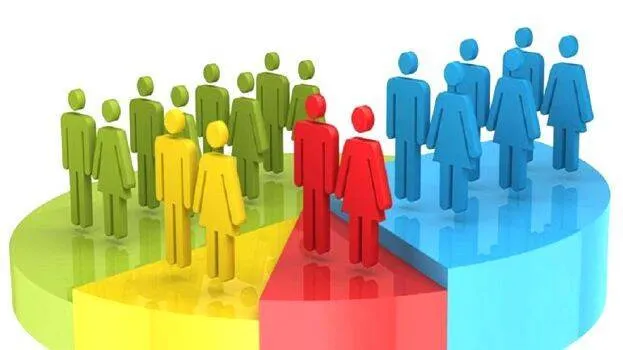

The Ministry of Home Affairs has issued a notification for the country’s 16th Census since the process began in India. Alongside this, a caste census will also be conducted — the first such exercise in 93 years. The census will be carried out in two phases. In the first phase, data related to households, assets, and amenities will be collected. The second phase will involve the population enumeration, which will gather detailed information about each household member, including economic, cultural, and social data. In regions like Ladakh, Jammu & Kashmir, Himachal Pradesh, and Uttarakhand, where severe winters are a concern, the census will begin from October 1 next year. In other parts of the country, census operations will commence from March 1, 2027.
Although the census is supposed to be conducted every ten years, the 2021 census was postponed due to the COVID-19 crisis. Historically, the population count had no direct political significance because minorities, backward communities, and Dalits were often denied access to education and government jobs, regardless of their population size. However, that is no longer the case. Today, minorities, Dalits, and other backward communities benefit from reservations in education and government jobs based on their social and economic conditions. Even upper castes now receive 10% economic reservation under central government provisions.
In this context, even those who once strongly opposed the idea of reservation have now become its beneficiaries. Therefore, no group should oppose the caste census. Claims that this exercise is an attempt to divide people based on caste hold no merit. It is something that political parties here engage in day and night — even the selection of candidates is based on caste. Despite this, during times of national crisis — whether natural disasters, war, or major achievements — people across caste and religion stand united. This unity in the face of adversity is a reality India has repeatedly witnessed. For minorities and Dalits, caste identities are already officially recorded in the census, giving them access to accurate population data.
However, this is not the case for other backward castes, such as the Ezhavas. If the Supreme Court were to ask for scientific data on the current Ezhava population, the only available record would date back 93 years. Imagine how much their numbers must have grown since then! Their rights and representation should also increase proportional to that. The caste census is expected to become a scientifically grounded document that can serve as a basis for such rights. Although many in society oppose the caste census, the Ezhava community should not, under any confusion or pressure, choose to withhold their information. Doing so would be equivalent to creating obstacles for their own children’s future. Likewise, the government must ensure that the information we provide is accurately recorded, and if not, proper mechanisms must be in place to correct it. All these measures are essential to prevent the caste census process from being undermined.